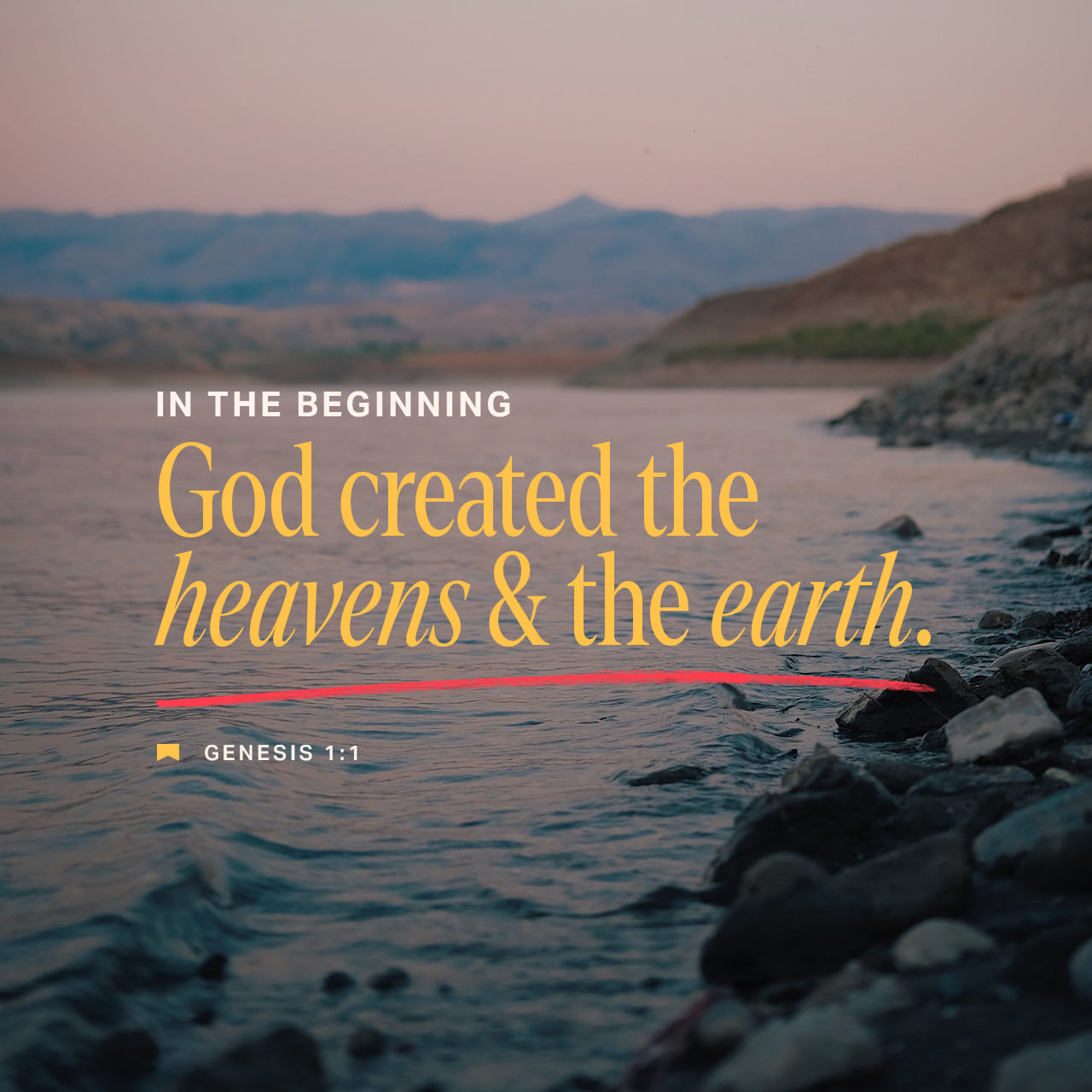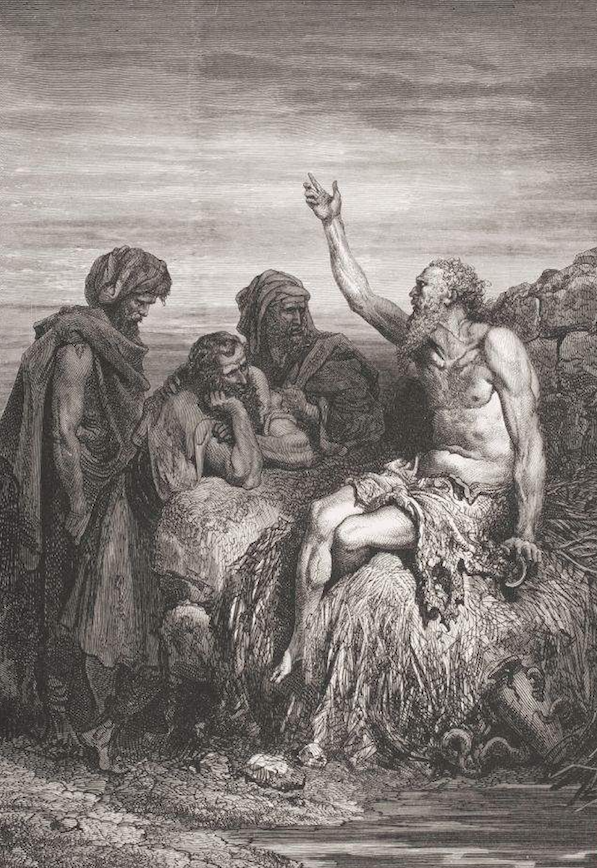I used to struggle deeply with the idea that not everyone would be saved. It never sat right with what I knew about God’s character — His mercy, His justice, and especially His love. Over time, as I studied the Scriptures more closely, I began to see something I had missed before: God’s plan of redemption is far bigger than I ever imagined.
Of course, the idea that all will be saved raises a lot of questions. I’ve heard many objections over the years, and I want to respond to some of them here — not with my own reasoning, but with what the Word itself says.
Objection 1: “Doesn’t Scripture teach eternal punishment?”
This is one of the first objections people bring up. I used to think the same thing — that “eternal” meant forever without end. But as I dug deeper, I realized the word often translated “eternal” actually means age-during — referring to a specific period or age in God’s plan. Judgment is real, but it’s not endless. It serves a divine purpose: correction and restoration.
“These shall go away to punishment age-during, but the righteous to life age-during.”
— Matthew 25:46
That verse doesn’t contrast temporary versus eternal — it contrasts two destinies within different ages. Both are part of God’s unfolding plan.
And I take great comfort in this verse too:
“For whom the Lord doth love He doth chasten, and He scourgeth every son whom He receiveth.”
— Hebrews 12:6
His punishment is a form of love. It’s not meant to destroy, but to heal.
Objection 2: “If all are going to be saved, why share the gospel?”
I’ve heard this so many times — and I understand where it comes from. But the gospel isn’t just about escaping punishment; it’s about knowing God now. When I share the good news, it’s because I want others to experience His peace, joy, and transformation in this life.
“For this cause we labour and are reproached, because we have hoped on the living God, who is Saviour of all men — especially of those believing.”
— 1 Timothy 4:10
I love that: “Saviour of all men — especially of those believing.” Believers get to taste that salvation first. We get to live in that hope now, even though God’s plan ultimately includes everyone.
Objection 3: “But what about free will?”
I used to think that if God wanted to save everyone, He just couldn’t because of human free will. But then I realized — my will isn’t stronger than God’s love. His purpose will stand, even if it takes time for hearts to be changed.
“Who willeth all men to be saved, and to come to the full knowledge of the truth.”
— 1 Timothy 2:4
“Declaring the end from the beginning, and from ancient times the things not yet done, saying, My counsel doth stand, and all My pleasure I do.”
— Isaiah 46:10
If God truly wills that all be saved, and His counsel stands — how could His plan end in failure? He knows how to reach every heart, even if it takes ages to do it.
Objection 4: “Some people are too evil to be forgiven.”
This one used to haunt me. I thought, Surely God can’t forgive someone that wicked. But then I looked again at what Christ’s sacrifice actually accomplished.
“For as in Adam all die, so also in the Christ all shall be made alive.”
— 1 Corinthians 15:22
“And He—He is a propitiation for our sins, and not for ours only, but also for the whole world.”
— 1 John 2:2
If all died in Adam — every single one of us — then all will also be made alive in Christ. His sacrifice covers the whole world. There’s no sin too great, no heart too hard, that His love can’t reach.
Objection 5: “But doesn’t Scripture say some will be lost forever?”
Yes, it talks about people being “lost” — but lost doesn’t mean gone forever. It means not yet found. And Jesus said exactly what He came to do:
“For the Son of Man came to seek and to save the lost.”
— Luke 19:10
And He doesn’t stop until the work is done. The same passage that tells us all things were created through Him also tells us how the story ends:
“Because in Him were the all things created… and through Him to reconcile the all things to Himself, having made peace through the blood of His cross—through Him—whether the things upon the earth, or the things in the heavens.”
— Colossians 1:16, 20
The One who created all will reconcile all. That’s His promise.
The Beautiful End of the Story
Here’s what it all comes down to for me: God’s plan isn’t partial victory — it’s total restoration. His judgments are real, but they’re not final. His goal isn’t destruction; it’s transformation.
“For He must reign till He may have put all the enemies under His feet… and when the all things may be subjected to Him, then the Son also Himself shall be subject to Him who did subject to Him the all things, that God may be the all in all.”
— 1 Corinthians 15:25, 28
That’s the end of the story. God will be all in all. Every enemy, even death itself, will be overcome.
That’s the hope I hold on to — not a narrow salvation, but a boundless one. A love that doesn’t give up until everyone is home.




